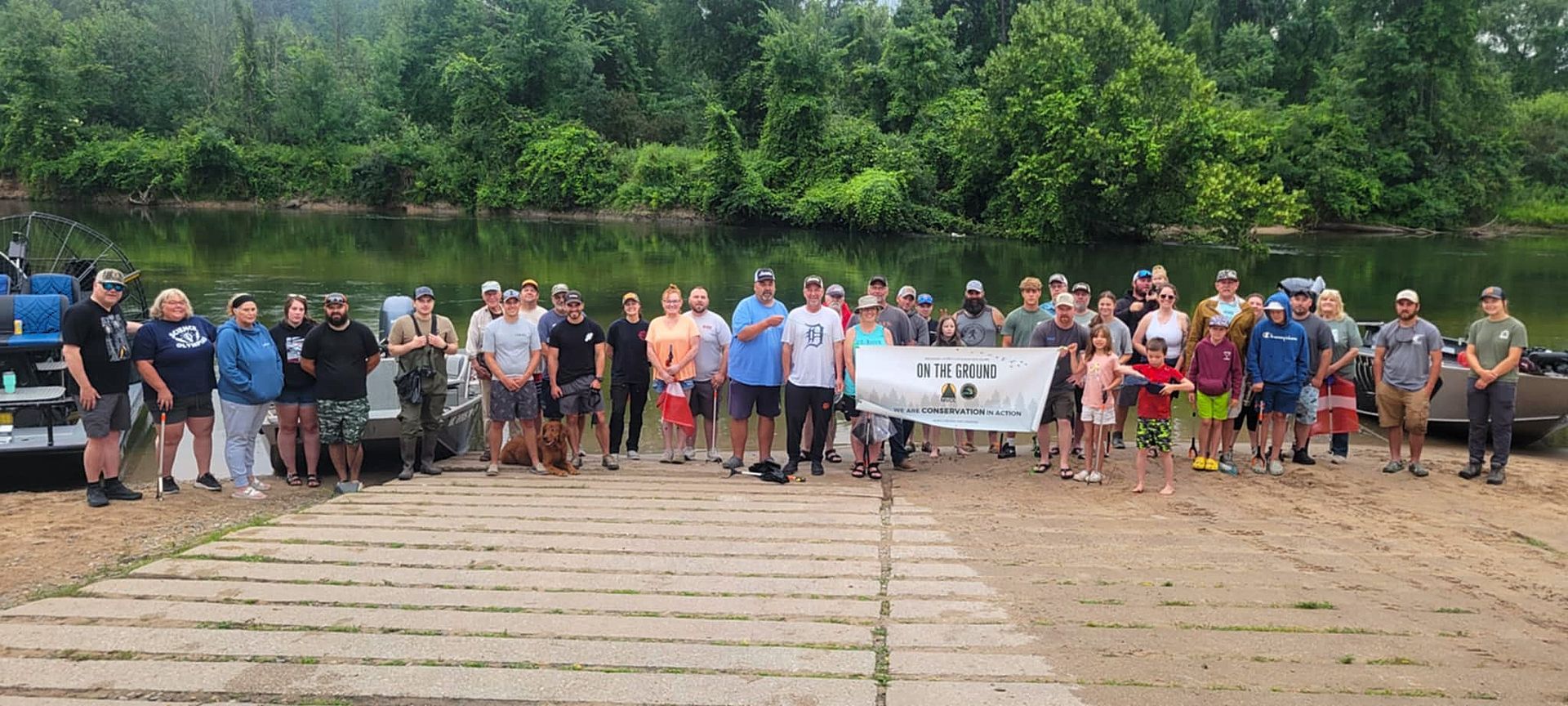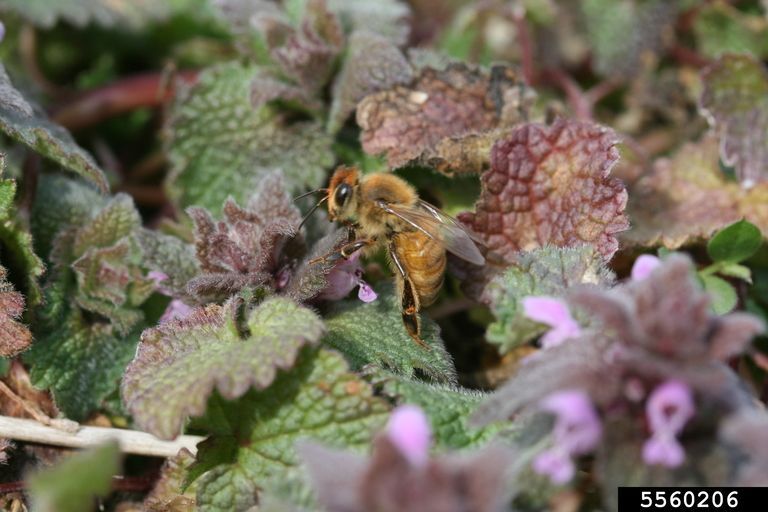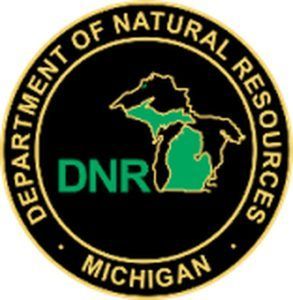Tree Stand Safety
Archery deer season is less than a week away. On October 1, bow hunters from around the state will head out into the woods and fields in anticipation of the solace and enjoyment only a bow hunt can provide. While some of the hunters will be hunting from ground blinds, many people will be looking to get off the ground and into their favorite tree. Hunting from an elevated position especially a tree stand provides an opportunity unlike any other. However, once you leave the ground there is an inherent danger that needs to be considered when hunting from a tree stand. According to the Treestand Safety Association, treestand accidents are the #1 cause of injuries and deaths to deer hunters.
Below you will find some helpful tips from the U. S. Fish and Wildlife Service on how to be safe when hunting from a treestand.
- Before the hunt, know your equipment. Read and understand the manufacturer’s instructions and warnings before you use your treestand and Full-Body Harness (FBH).
- Check stands (including straps and chains) every season and before each use for signs of wear, fatigue, cracks, missing nuts or bolts and replace as necessary.
- Practice at ground level with your treestand and FBH with another person present before the hunt.
- Learn how to use your FBH with a suspension release device. Note: Waist belts or upper-body-only designs of safety harnesses should never be used and can cause death or serious injury.
- Select the right tree for your stand. Select a healthy, straight tree that is the right size for your treestand. Check the tree for insect nests or animal dens. Avoid using climbing stands on smooth-barked trees, especially during icy or wet conditions.
- Clear debris from the base of the tree to minimize injury from a fall and to ensure a safe base if using a ladder stand.
- Know your limitations. If you feel sleepy or unsure about the climb, a ground blind will provide you a safe alternative hunting option.
- Have a hunt plan. Let a reliable person know where you will be when you will return and who is with you. Plans and maps make it easier for others to find you in the event of a mishap.
- During the hunt, wear an FBH. Simply owning an FBH does not make you safe, you must take it out of your pack and wear it.
- Make sure your FBH is attached to the tree as soon as you begin to climb using climbing stands and/or climbing aids. In the case of ladder stands, attach the FBH before securing the platform to the tree or stepping onto it.
- Wear an FBH at all times while using an elevated stand. Do not take chances. When climbing a ladder, keep three points of contact with the ladder at all times. Both hands and a foot or both of your feet and one hand should be used to support your body weight when using a ladder. When using a platform stand, climb higher than the stand and then step down onto the platform. Slowly put your weight onto your stand to be sure of your balance.
- Use boots with non-slip soles to avoid slipping, especially in wet weather.
- Never carry equipment when climbing. Use a haul line to raise and lower equipment.
- In the stand, properly adjust your FBH, whether standing or sitting, keep the tether line distance (between you and the tree) as short as possible with no slack in the tether while in the seated position. This will minimize the distance in case of a fall.
- Use a haul line. Always raise and lower your firearm, bow or other equipment with a haul line. Make sure firearms are unloaded before attaching to a haul line and do not attach the haul line near the trigger or trigger guard. Make sure broadheads are covered prior to raising or lowering a bow with a haul line.
- If you fall, stay calm. By planning, you can avoid additional problems.
- Have emergency equipment such as a knife, cell phone, flashlight and/or whistle on your person.
- Practice the 3 R’s: recover, relief and rescue. Attempt to recover and return to your stand. If this is not possible, exercise your legs by pushing against the tree, using another form of motion or your suspension relief device until help arrives.
- Call for help immediately.
Each year 1,000s of lives are changed forever by treestand accidents. Keep these tips in mind to increase your chances of having an accident
For more information on treestand safety go to National Bowhunter Education Foundation: www.nbef.org or www.projectstand.net
International Hunter Education Association: www.ihea.com
Or the Tree stand Manufacturers Association
Good luck in the Woods
The post Tree Stand Safety appeared first on Michigan United Conservation Clubs.
Recent Posts



